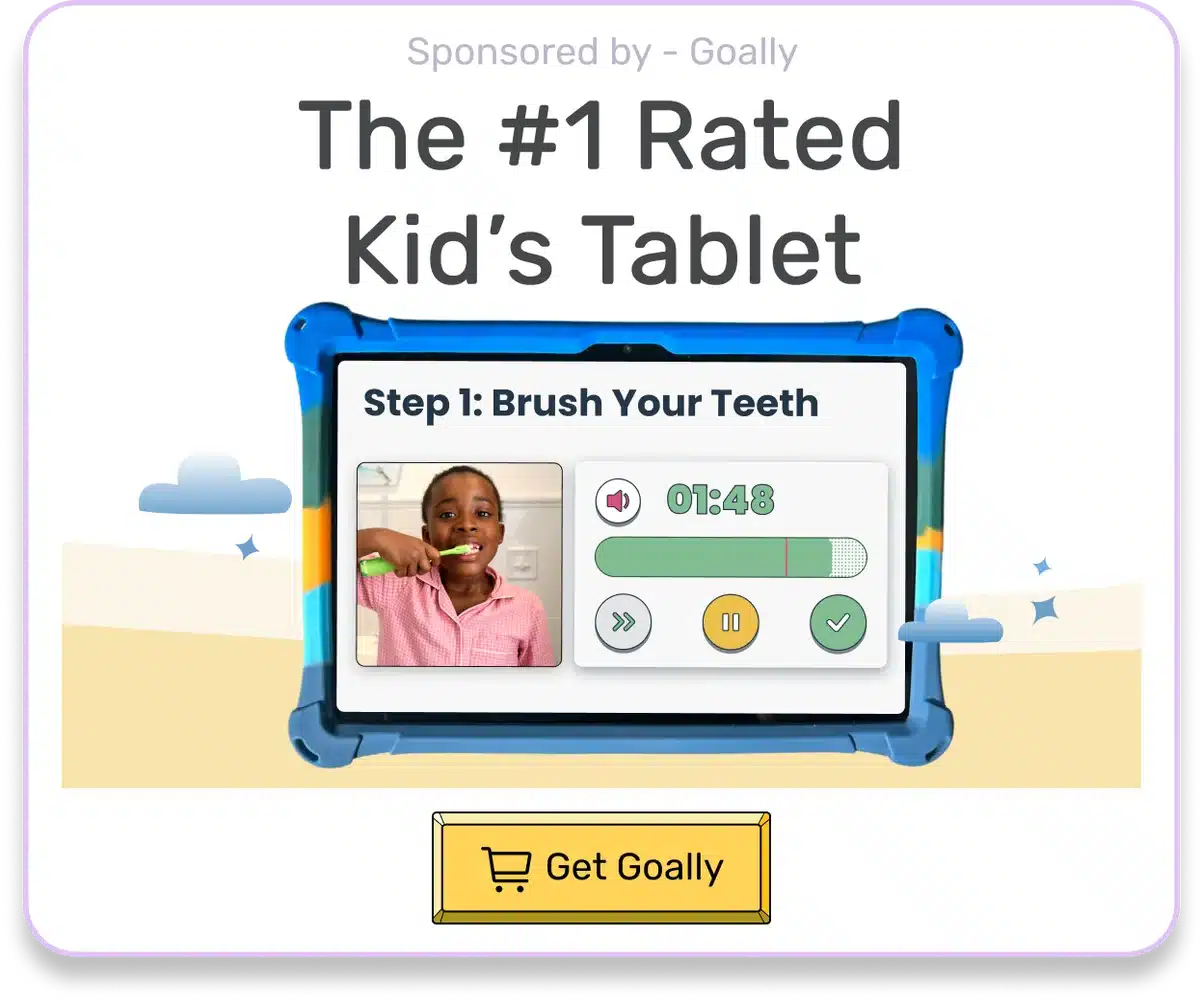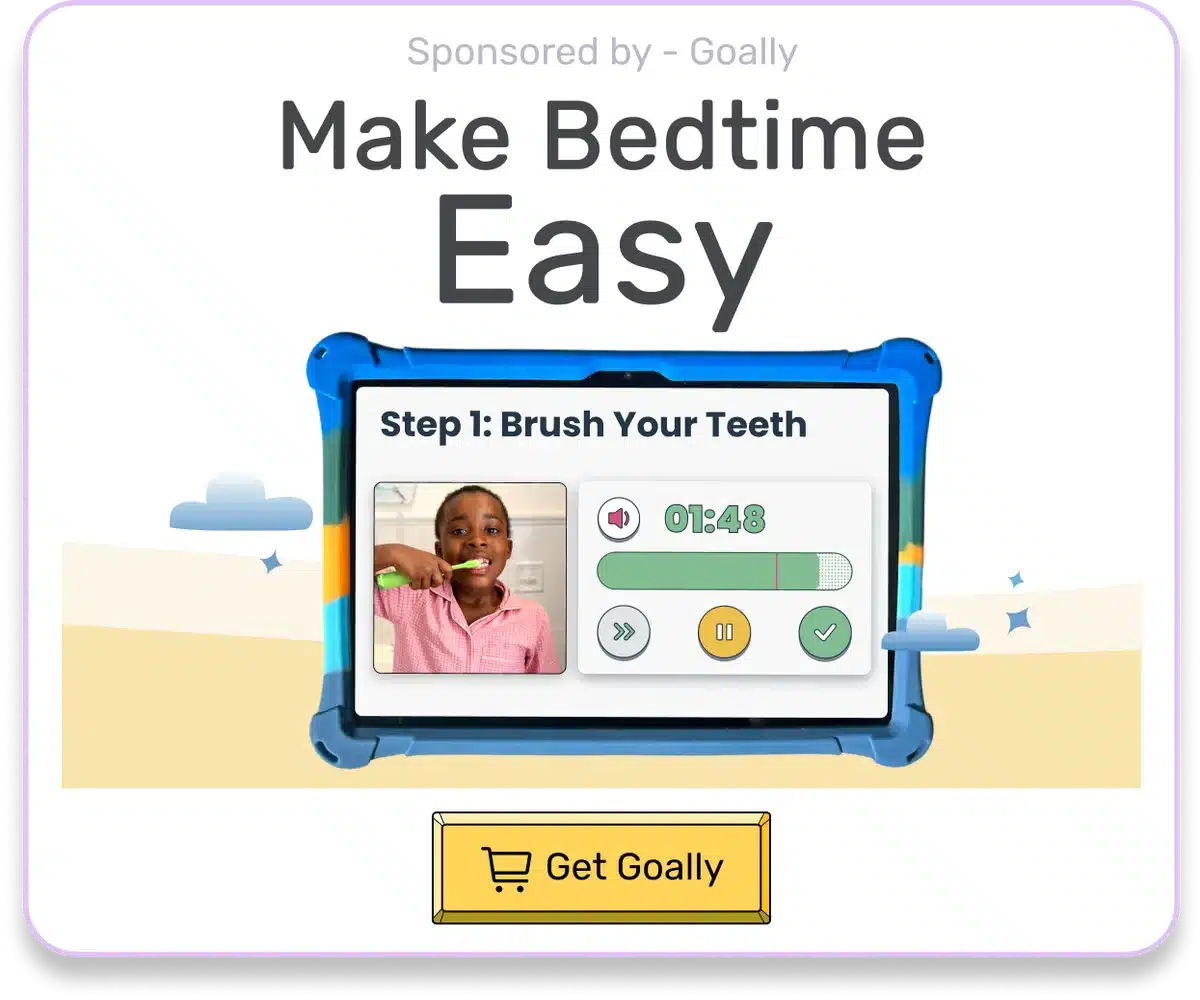As a professional who works closely with children, I’ve seen firsthand the challenges and joys that come with raising a child on the autism spectrum. Many parents come to me with concerns about their son’s development, wondering if certain behaviors or quirks could be signs of autism spectrum disorder (ASD). If you’re asking yourself, Is my son on the autism spectrum, know that you’re not alone in this journey.
Table of Contents
Autism spectrum disorder is a developmental disorder that affects communication, social interaction, and behavior. It typically appears in early childhood, and parents and caregivers may notice signs as early as 12 to 18 months. While every child with ASD is unique, there are some common signs to look out for.
Social Communication and Interaction
One of the hallmark signs of ASD is difficulty with social communication and interaction. If your son is on the autism spectrum, you may notice that he:
- Doesn’t respond to his name when called
- Resists cuddling or physical affection
- Avoids eye contact or has poor eye contact
- Lacks facial expressions or has a flat affect
- Struggles to understand and respond to social cues
I remember working with a little boy named Max, who was eventually diagnosed with ASD. His parents came to me concerned that he never seemed to look them in the eye, even when they were talking directly to him. They also noticed that he didn’t smile back when they smiled at him, which was heartbreaking for them.
It’s important to remember that every child develops at their own pace. Not all kids who exhibit these behaviors are necessarily on the autism spectrum. However, suppose you’re consistently noticing these signs in your son. In that case, it’s worth discussing with your pediatrician or a developmental specialist.
Goally | The Safest Tablet for Kids

Patterns of Behavior
Kids with ASD often display repetitive or restrictive patterns of behavior. This can manifest in a variety of ways, such as:
- Repetitive movements like rocking, spinning, or hand flapping
- Performing activities that could cause self-harm, such as biting or head-banging
- Having intense, narrow interests in specific topics or objects
- Insisting on rigid routines and having meltdowns when things change
One of my clients, a bright 7-year-old boy with ASD, was fascinated by trains. He could spend hours lining up his toy trains in a specific order and would become highly distressed if anyone tried to move them. His parents learned to incorporate his love of trains into his daily routine, which helped reduce his anxiety and allowed him to engage more with the world around him.
According to the CDC, about 1 in 54 children has been identified with ASD. Boys are four times more likely to be diagnosed than girls. While the exact cause of ASD is unknown, research suggests that both genetic and environmental factors may play a role.

Read more: How to Help My Son With Autism
Sensory Sensitivities
Many kids on the autism spectrum have sensory processing difficulties, which means they may be overly sensitive or under-responsive to certain sensory stimuli. Common sensory sensitivities include:
| Sense | Sensitivity |
|---|---|
| Sight | Bright lights, fluorescent lights, certain colors |
| Sound | Loud noises, sudden noises, background noise |
| Touch | Certain textures, clothing tags, light touch |
| Taste/Smell | Strong flavors, specific food textures, certain smells |
I once worked with a family whose son, diagnosed with ASD, couldn’t stand the feeling of grass on his bare feet. Going to the park or the beach was a nightmare for them until they discovered that wearing water shoes helped their son feel more comfortable and able to explore his environment.
If your son shows sensory sensitivities, an occupational therapist can help you develop strategies to manage these challenges and make daily life more comfortable for your child and your family.

Other Potential Signs
In addition to the signs discussed above, there are a few other potential indicators that your son may be on the autism spectrum:
- Not engaging in pretend play
- Repeating the same words or phrases over and over (echolalia)
- Having problems with coordination or fine motor skills
- Experiencing developmental delays in speech or other milestones
It’s crucial to keep in mind that ASD is a spectrum disorder, which means the severity and combination of symptoms can vary widely from person to person. Some kids with ASD are nonverbal, while others are highly verbal but struggle with social interaction. Some have intellectual disabilities, while others have average or above-average intelligence.
Research shows that early intervention can make a significant difference in outcomes for kids with ASD. A 2019 study found that toddlers who received early intervention showed improvements in cognitive ability, adaptive behavior, and language skills compared to those who did not.
Next Steps
If you’re concerned that your son may be on the autism spectrum, the first step is to talk to your pediatrician. They can perform a developmental screening and refer you to a specialist for further evaluation. A comprehensive diagnostic evaluation typically involves a multidisciplinary team, including a psychologist, speech-language pathologist, and occupational therapist.
If your son is diagnosed with ASD, remember that you’re not alone. Many resources and support services are available to help you navigate this journey. With the right interventions and support, kids with ASD can thrive and lead fulfilling lives.
Goally | Visual Scheduler for Autism
Does your child struggle with getting ready in the morning independently? Goally’s routine app on the best tablet for kids breaks down large tasks into small, achievable steps for autistic kids. Create custom routines with your own videos & pictures for every step.
Asking yourself, Is my son on the autism spectrum can be a daunting and overwhelming experience. By familiarizing yourself with the potential signs of ASD and seeking professional guidance, you’re taking important steps to support your child’s development. Trust your instincts, and don’t hesitate to reach out for help. With love, patience, and the right resources, you and your son can face any challenge that comes your way.
Helpful Resources
FAQ’s About Is My Son on the Autism Spectrum
What are some early signs that my son might be on the autism spectrum?
Early signs may include avoiding eye contact, not responding to his name, delays in speech and communication, repetitive behaviors, and intense interests in specific topics.
At what age do signs of autism typically appear?
Signs of autism usually appear by age 2 or 3, but some children may show signs as early as 18 months.
What should I do if I suspect my son is on the autism spectrum?
If you suspect your son is on the autism spectrum, talk to your pediatrician about your concerns. They can perform a developmental screening and refer you to a specialist for a comprehensive evaluation.
Can boys be diagnosed with autism later in childhood?
While most cases of autism are diagnosed by age 3, some children may not be diagnosed until later in childhood or even adulthood.
Are there any treatments available for children with autism?
Yes, early intervention services such as speech therapy, occupational therapy, and behavioral therapy can help children with autism develop important skills and improve outcomes.
This post was originally published on 05/19/2023. It was updated on 04/22/2024.

Goally
We help parents teach their kids life skills, like doing bedtime and morning independently. Backed by science, we incorporate evidence-based practices and expert-informed designs in all of our apps and content.







